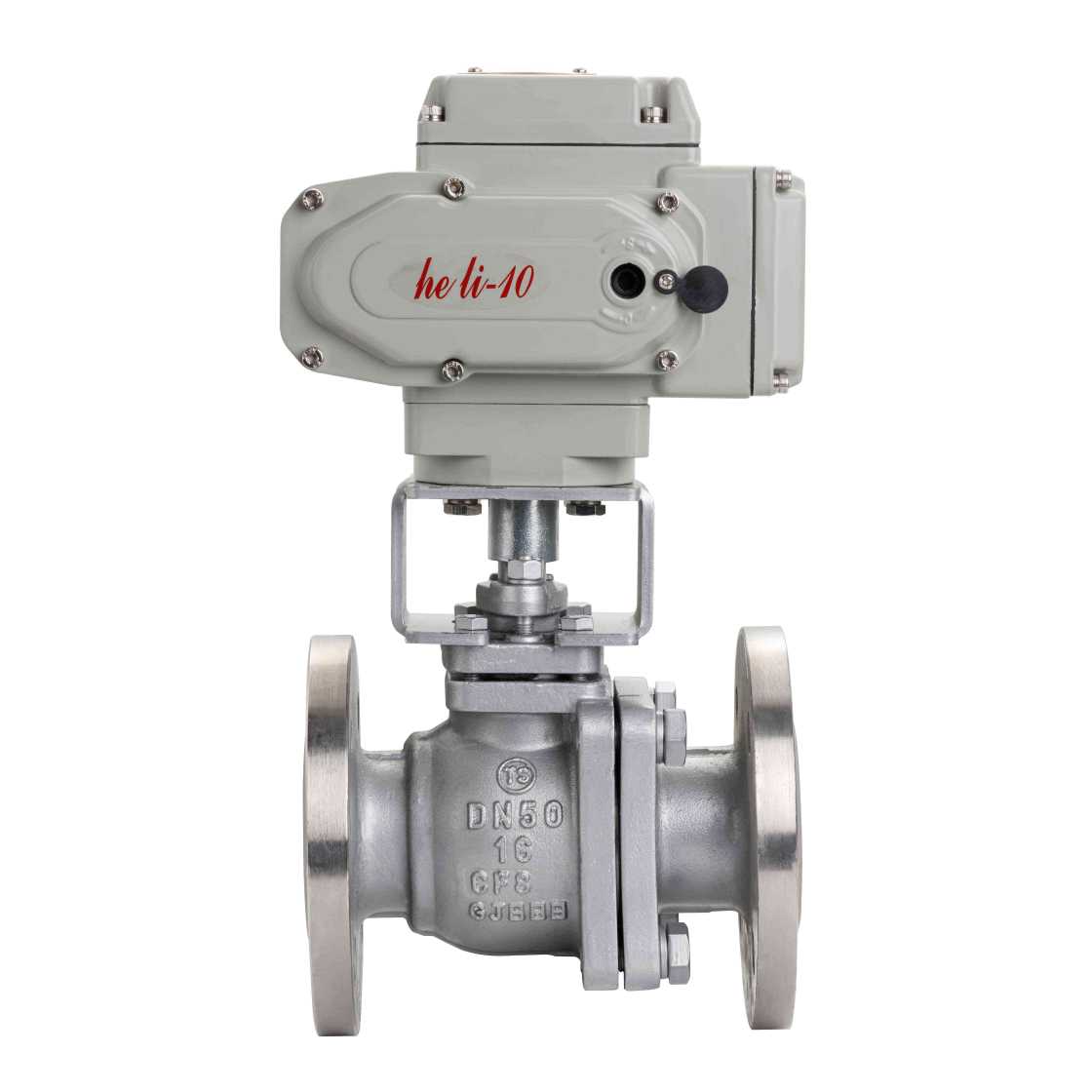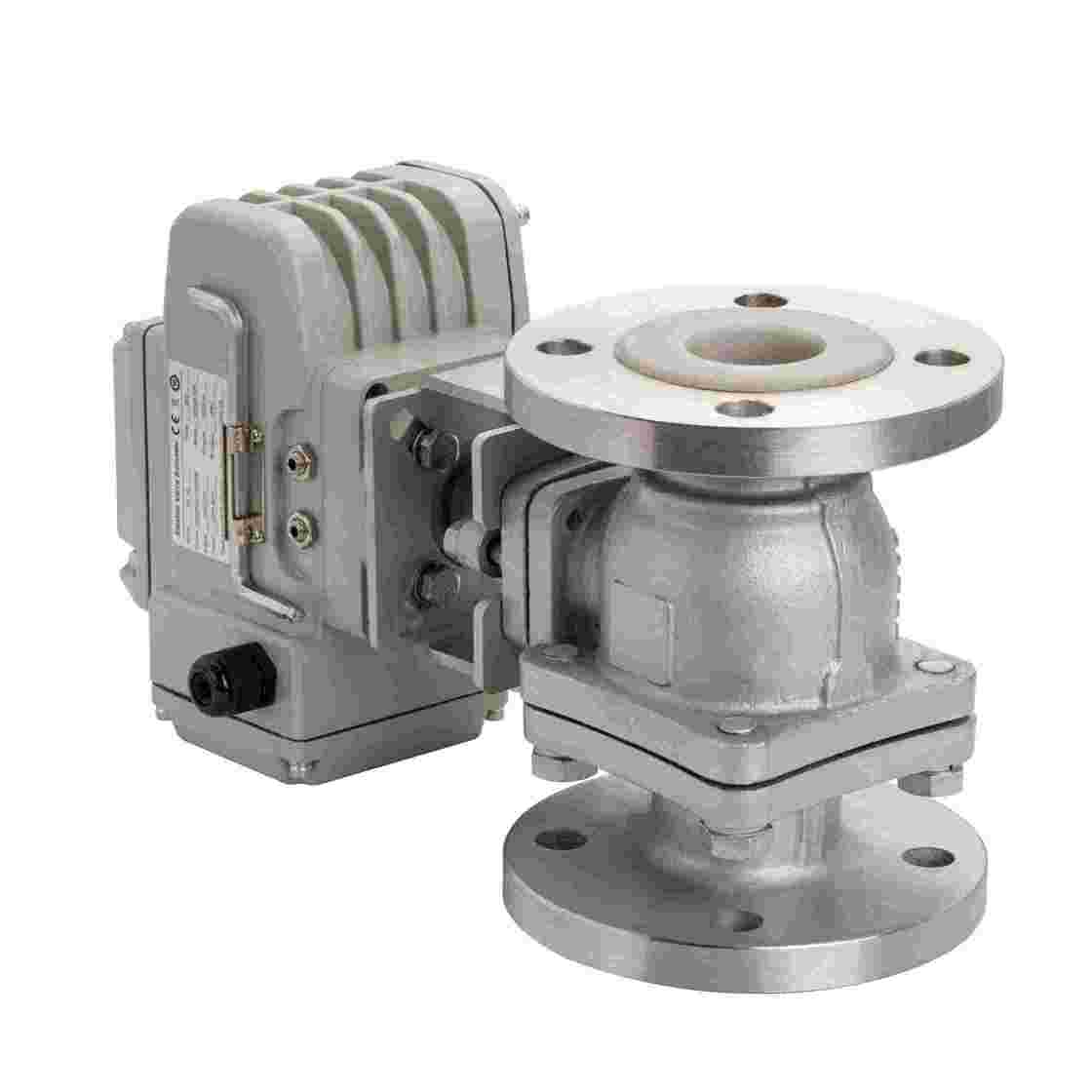
The electric flange ball valve is a crucial component in modern industrial fluid control systems, providing a high level of precision, reliability, and efficiency. As automation becomes more prevalent across various sectors, the demand for advanced valve technology that allows for remote control and precise operation has grown significantly. The electric flange ball valve meets these needs by offering a robust solution for controlling the flow of liquids and gases in various applications. In this article, we will delve into the key features, benefits, and applications of electric flange ball valves, shedding light on why they are an essential part of contemporary industrial processes.

What is an Electric Flange Ball Valve?
An electric flange ball valve is a type of ball valve equipped with an electric actuator, which enables it to be controlled remotely. The valve consists of a spherical ball with a hole through its center, and by rotating the ball, it regulates the flow of fluids. When the valve is in the "open" position, the hole in the ball aligns with the pipeline, allowing fluid to pass through. Conversely, in the "closed" position, the ball rotates to block the flow of fluid. The electric actuator, which is connected to the valve, provides the movement needed to rotate the ball, typically through an electric motor that receives signals from a control system.
